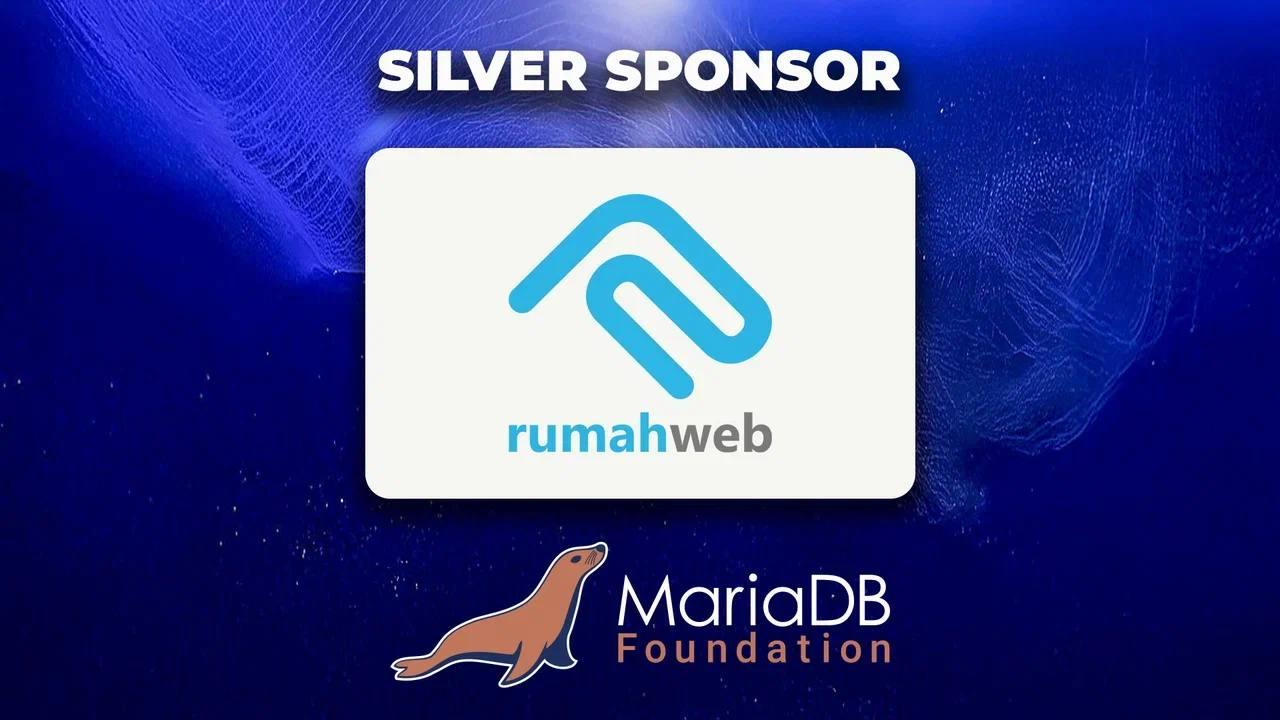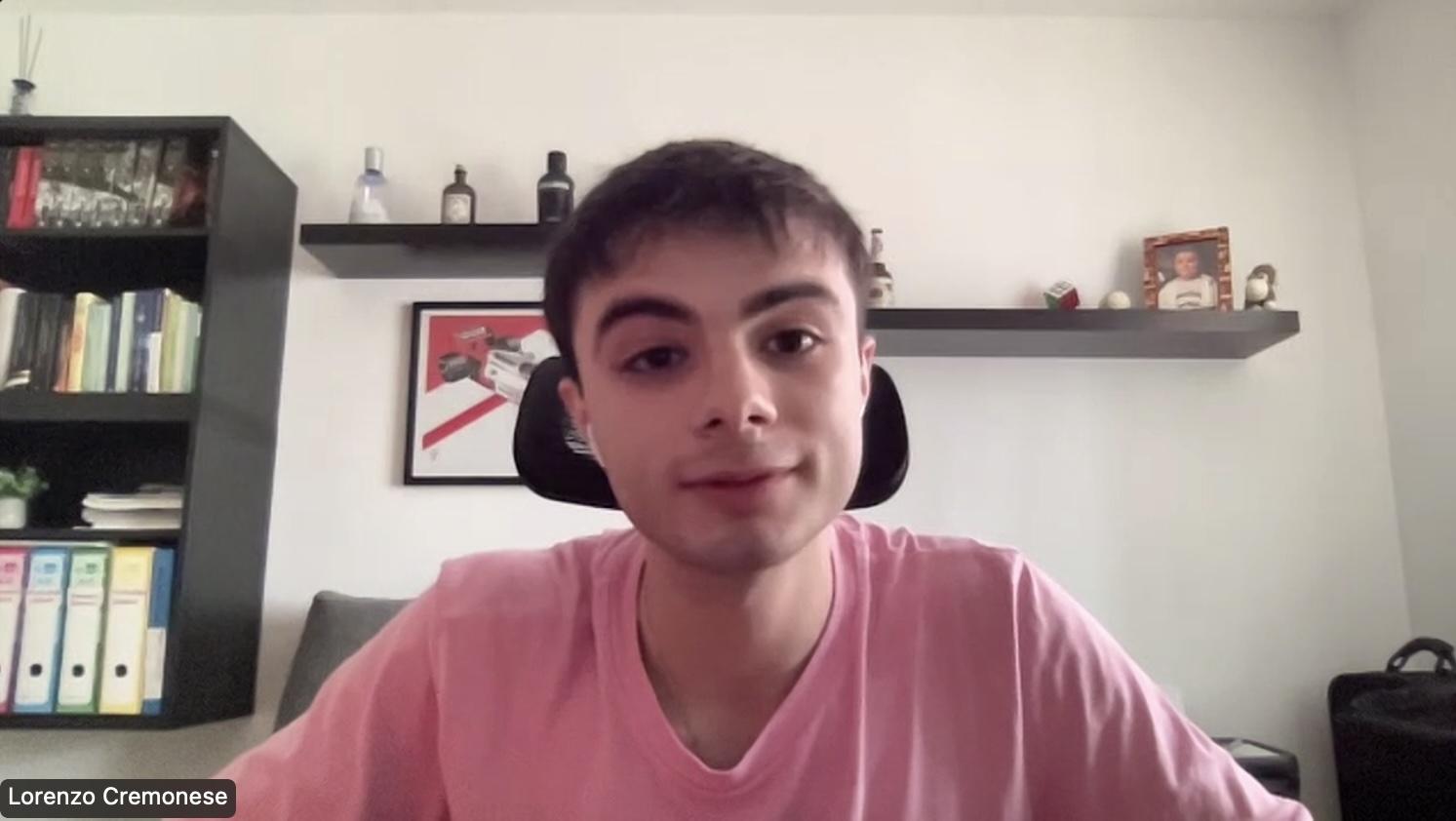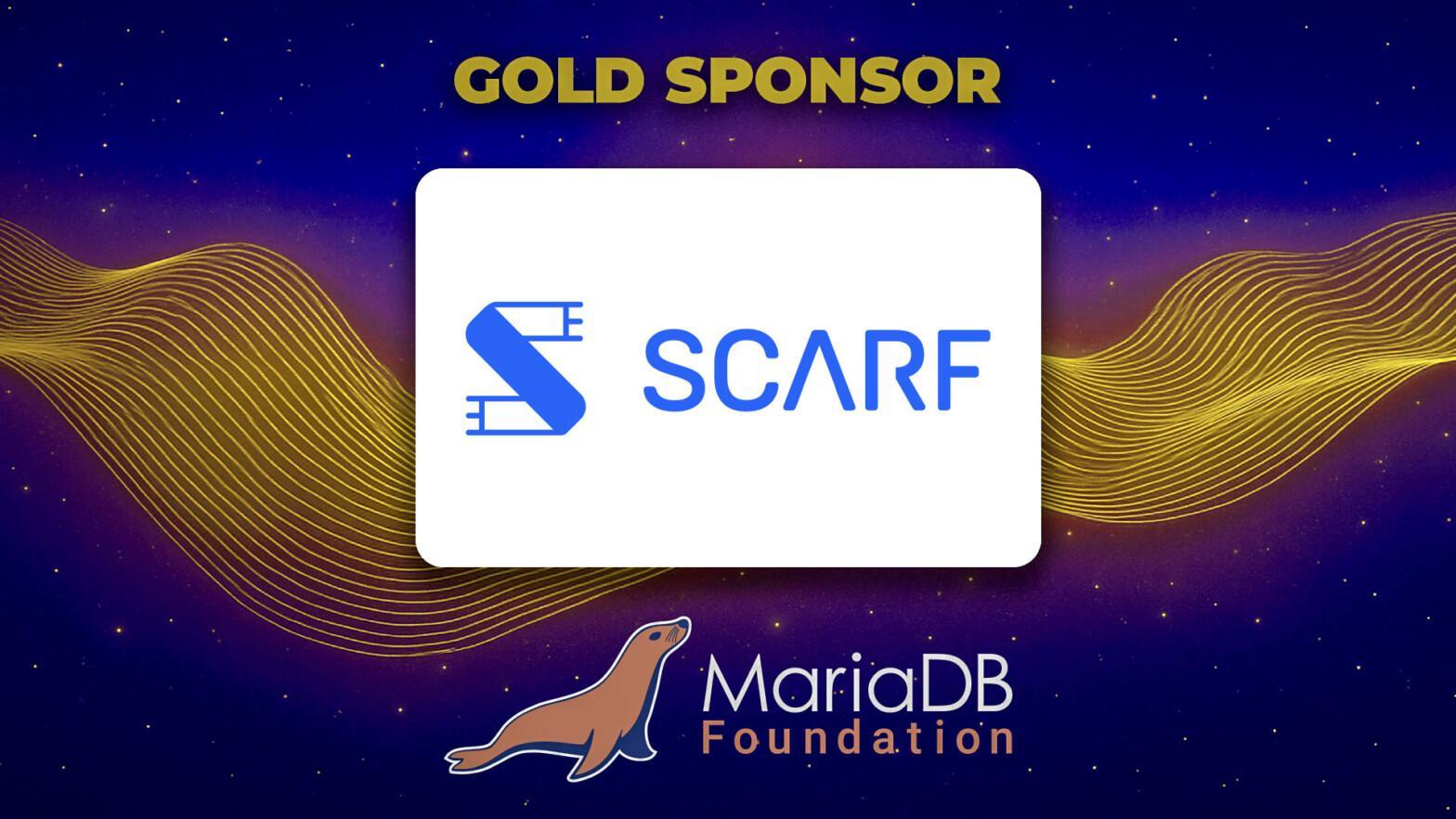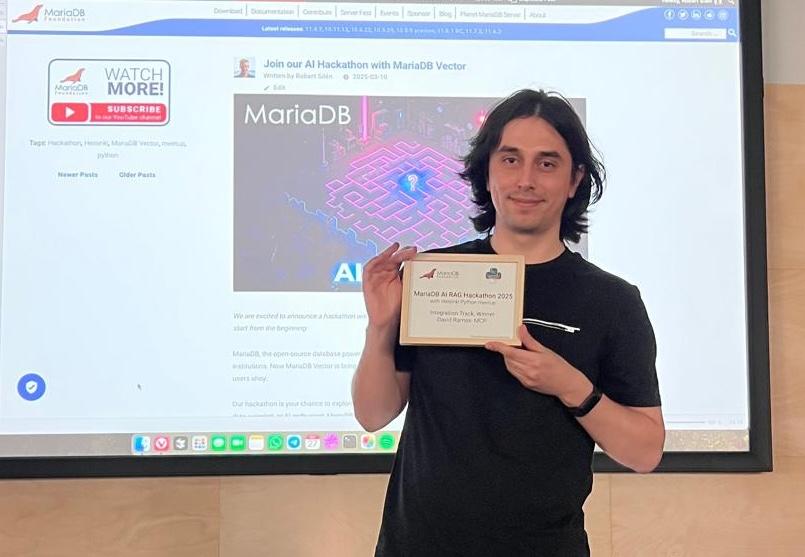Category Archives: Community
The Ford–Cadillac Parable
In 1902, Henry Ford’s second car company was taken over by investors and renamed Cadillac. The designs were his. The engineering was his. But the brand? That now belonged to someone else.
So Ford walked away and started fresh.
Years later, even as Ford cars became wildly successful, people kept asking:
“Are you the guy who builds Cadillacs?”
To which he had to answer—over and over again:
“No. I’m not building Cadillacs anymore.”
It took years before the public truly grasped the difference.
…
We are thrilled to announce that Rumahweb, one of Indonesia’s most trusted and long-standing web hosting providers, has joined the MariaDB Foundation as a Silver Sponsor.
Founded in 2002, Rumahweb has built a reputation for reliability, innovation, and a strong commitment to customer support. With a wide range of offerings — including shared hosting, VPS, cloud hosting, and domain services — Rumahweb empowers individuals, SMEs, and large enterprises alike to succeed in the digital space. Backed by 24/7 professional technical assistance, they have become a pillar of Indonesia’s internet infrastructure.
…
Continue reading “MariaDB Foundation Welcomes Rumahweb as a Silver Sponsor”
One of the standout features of Oracle PL/SQL is the associative array — a versatile and efficient in-memory data structure that developers rely on for fast temporary lookups, streamlined batch processing, and dynamic report generation.
With the MariaDB 12.1 preview release, we’re excited to announce that associative arrays have landed in MariaDB as part of our growing set of Oracle compatibility features. This milestone, tracked under MDEV-34319, brings Oracle-style associative arrays into the MariaDB procedural language — complete with native type declarations, variable construction, and method support.
Let’s explore what’s included, what’s different, and how this feature was implemented from the ground up.
…
Continue reading “Bringing Oracle’s Associative Arrays to MariaDB”
At the MariaDB Foundation, we’re constantly engaging with users, partners, and collaborators to understand how MariaDB fits into their infrastructure—and what we can do better. A recent conversation between our Executive Chairman Kaj Arnö and Renato Furter from Switch.ch, Switzerland’s national research and education network, revealed valuable insights into open source adoption, digital sovereignty, and collaboration across European academia.
From MySQL to MariaDB: Why Switch Made the Move
Switch has been a MariaDB user for years. Their journey began with MySQL, like many institutions in academia. But when Oracle’s roadmap grew increasingly opaque and development around MySQL 5.7 stagnated, the Switch team made a practical decision: migrate to MariaDB.
…
We continue our blog series on learning more about users of MariaDB. Searching LinkedIn for posts about MariaDB this morning we saw an impressive confident post about using MariaDB in a RAG solution named SemantiQ. We got curious about it and reached out to the author Lorenzo Cremonese to have a chat.
Tell us about yourself Lorenzo!
I’m an Italian studying in Spain. I began programming when I was 14, and I’m now 22. I’m a self-taught web developer since 3-4 years ago, and I’m now doing a two year University education in Spain focused on web development at the institute IES ENRIC VALOR, in Pego.
…
Continue reading “Can you do RAG with Full Text Search in MariaDB?”
We are thrilled to welcome Scarf as a Gold Sponsor of the MariaDB Foundation!
Scarf’s commitment to improving open source distribution and visibility aligns closely with our mission to ensure the continued openness, innovation, and sustainability of MariaDB Server. As a platform that helps open-source projects understand and grow their user base, Scarf brings unique value to the ecosystem—not just through sponsorship, but through actionable insights that benefit the broader community.
For the MariaDB Foundation, understanding who uses MariaDB—and how, where, and why—is key to making better decisions. Scarf’s privacy conscious analytics help us move beyond assumptions and anecdotes, giving us real-world data to guide our outreach, improve our documentation, tailor our events, and strengthen our developer ecosystem.
…
Continue reading “Scarf Joins as Gold Sponsor of the MariaDB Foundation”
In our mission to grow MariaDB adoption, we’re always eager to spotlight the journeys of real-world users – especially those who’ve made thoughtful, strategic choices. Thanks to long-time MariaDB consultant and community champion Oli Sennhauser, we got a chance to sit down with one of his clients: Swiss eCommerce provider Glarotech of the PepperShop platform, and their founder Roland Brühwiler.
When Swiss eCommerce platform provider Glarotech started over 20 years ago, it was a small university project with three people. Today, it has grown to 30 employees and thousands of eCommerce clients – but many of their early choices still echo through their technology stack.
…
We recently announced the winners of the MariaDB AI RAG hackathon that we organized together with the Helsinki Python meetup group. Let’s deep dive into the integration track winner. David Ramos chose to contribute a MariaDB integration for MCP Server. MariaDB plc was impressed by the results and has picked it up for further development with more features.
David, tell us about yourself and why you decided to join the Hackathon?
I am an aspiring Data Scientist from Colombia. I studied Physics in college, but by the time I graduated, I realized what I enjoyed the most was working with data and programming, so I decided to make the shift to Data Science.
…






